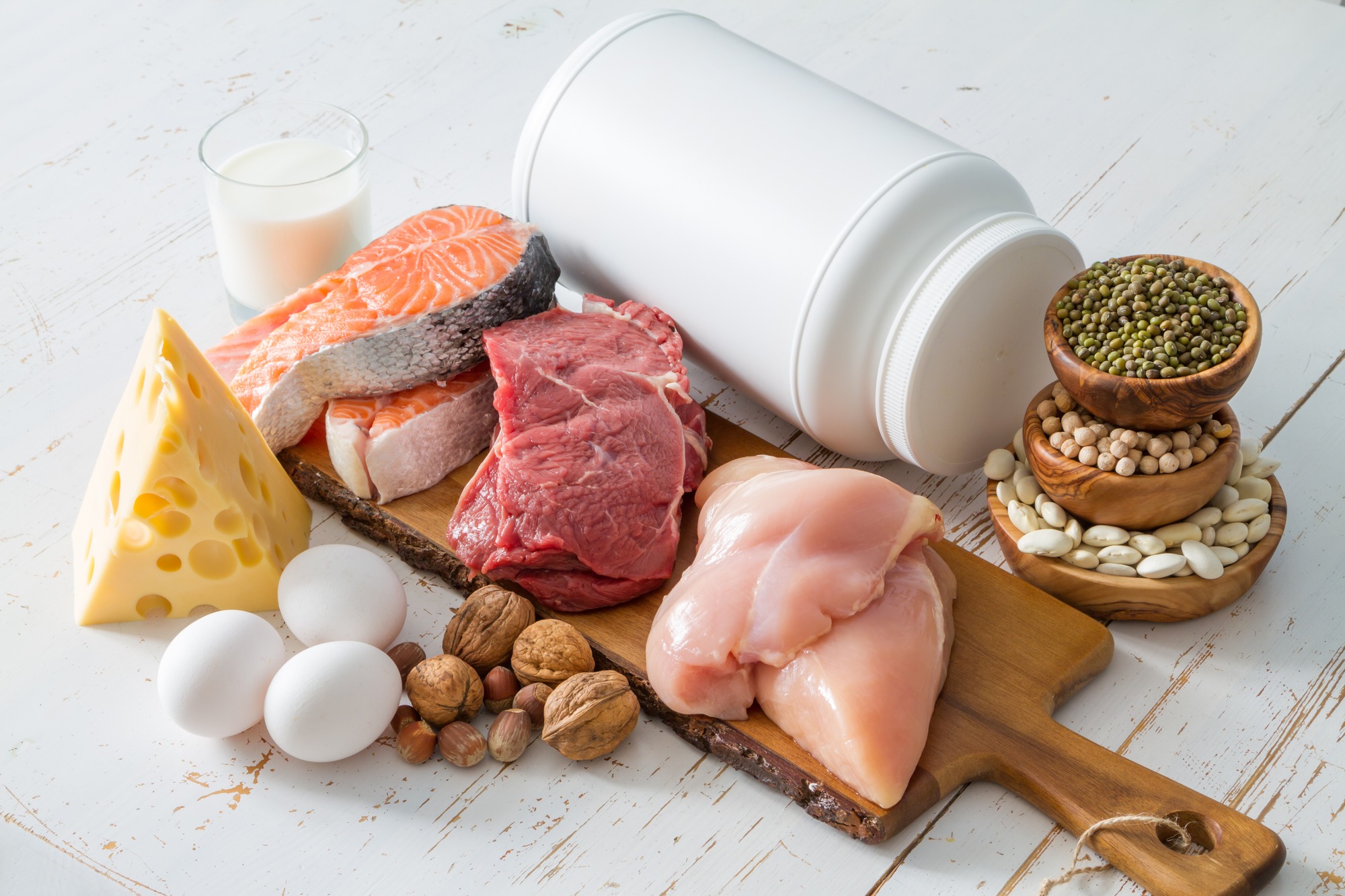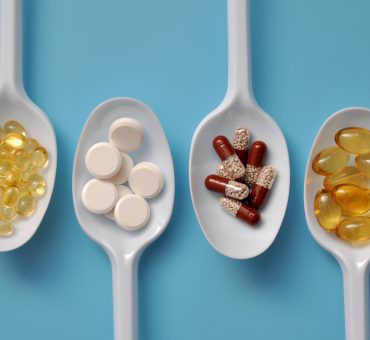As individuals gracefully embrace their senior years, attention to the body’s changing needs becomes paramount. Particularly in the realm of nutrition for older adults. This discussion focuses on protein requirements for seniors.
We know you want to stay active and independent for as long as possible during your senior years. In this case, maintaining muscle mass and strength is going to be crucial. So let’s explore how protein needs change with age and how we can adapt to our aging bodies.
The Significance of Protein for Seniors
Protein is a key nutrient for the human body. It’s not produced naturally, so we need to consume it as part of our diet. Proteins are the building blocks of bones, muscles, cartilage, skin, and blood. They’re also essential for the formation of enzymes, hormones, and other chemicals that keep your body in check.
After our 30s, we gradually start losing muscle mass. The rate at which we lose muscle mass depends on a variety of factors, namely diet and exercise or activity level.
When we’re younger, our bodies can compensate for nutritional deficiencies a little better. But as we age, the effects of missing out on an essential nutrient like protein can be more severe, leading to illness or severe medical conditions such as sarcopenia.
Protein for seniors is necessary for:
- Tissue Repair and Growth: Protein is fundamental in repairing tissues and is crucial for growth.
- Immune System Support: Antibodies, which are essential for fighting off infections, are made of protein.
- Maintaining Fluid Balance: Proteins help maintain proper fluid balance by attracting and retaining water in the tissues and by keeping salt and water in the correct proportions outside the cells.
- Supports Muscle Function: Proteins are crucial for muscle contraction, coordination, and strength.
- Structural Support: Some proteins, like collagen and elastin, provide structure and support to tissues, contributing to the body’s overall stability and strength.
- Regulates Metabolism: Enzymes catalyze most of the biochemical reactions in the body, including digestion, energy production, and blood clotting.
The Role of Diet in Muscle Mass Preservation
Seniors need muscle mass to maintain mobility, balance, and strength, which are crucial for independence, reducing the risk of falls and fractures, and supporting overall health and longevity.
A balanced diet rich in protein lays the foundation for maintaining muscle strength. In addition to increasing protein intake, strength training aids functional fitness in seniors. You’ll need to adjust both your diet and exercise to adapt to your changing body.
Do Seniors Need More Protein?
Seniors need more protein than their younger counterparts to combat age-related loss of muscle mass. How much protein does a senior need per day? The recommended protein intake for seniors is 70-85 grams (or 1 gram per kilo you weigh) per day.
Top Sources of Protein for Seniors
It’s not just about quantity; the quality of protein sources is also important. Bacon and cold cuts won’t provide sufficient nutrition.
High-quality animal sources include lean meats, fish, and dairy products. For plant-based options, tofu, legumes, grains, nuts and seeds are excellent protein sources. Incorporating these into daily meals ensures a balanced diet that supports seniors’ overall health and muscle maintenance.

Protein Intake and Aging
As we age, factors like reduced appetite and changes in elderly digestion and nutrient absorption can make meeting protein requirements challenging. Understanding these changes and adapting meal preparation methods can help.
Older adults also need to eat more frequently. Aim to include some protein in every meal plus any snacks. Eating a third of your daily protein intake at breakfast, lunch, and dinner will ensure you’re meeting the minimum protein requirements for seniors.
Embracing a Protein-Rich Diet for Senior Health
The human body undergoes significant changes over the years. Adapting our diets to meet our bodies’ changing needs will be essential to maintaining an independent lifestyle.
Incorporating adequate protein requirements for seniors into your diet is a key component of healthy aging. It supports muscle mass, enhances strength, and improves quality of life. Helping you maintain an independently living lifestyle.



